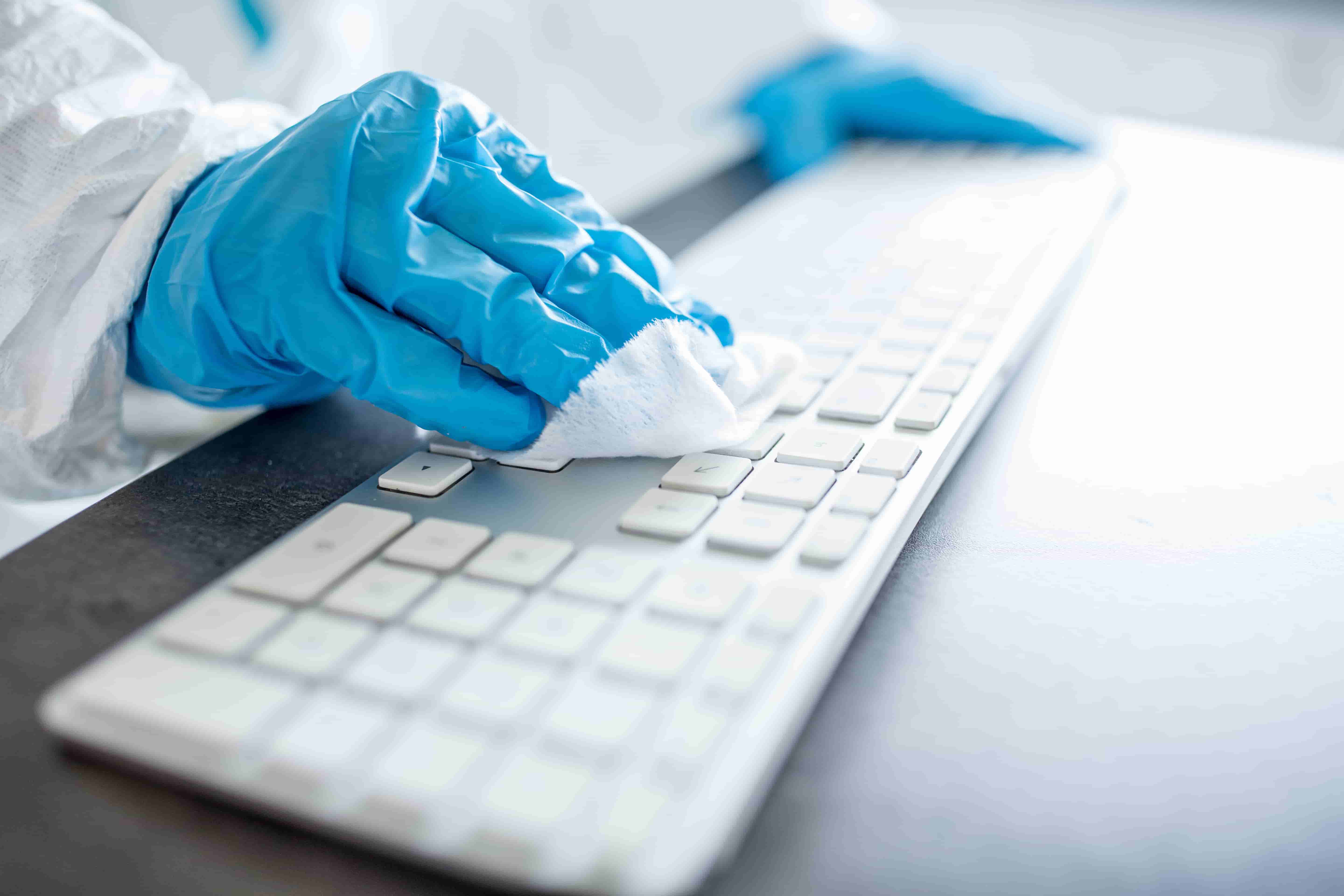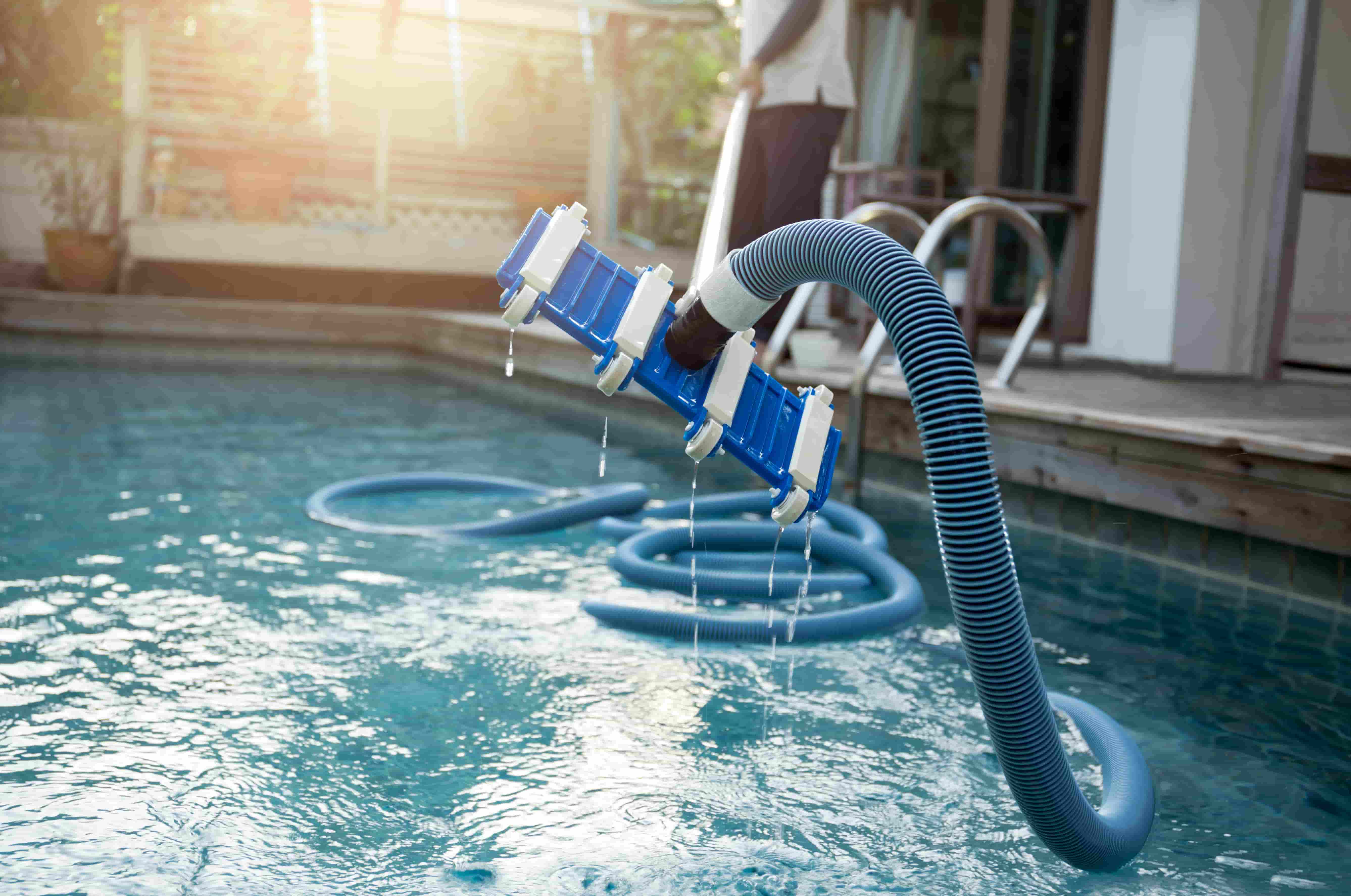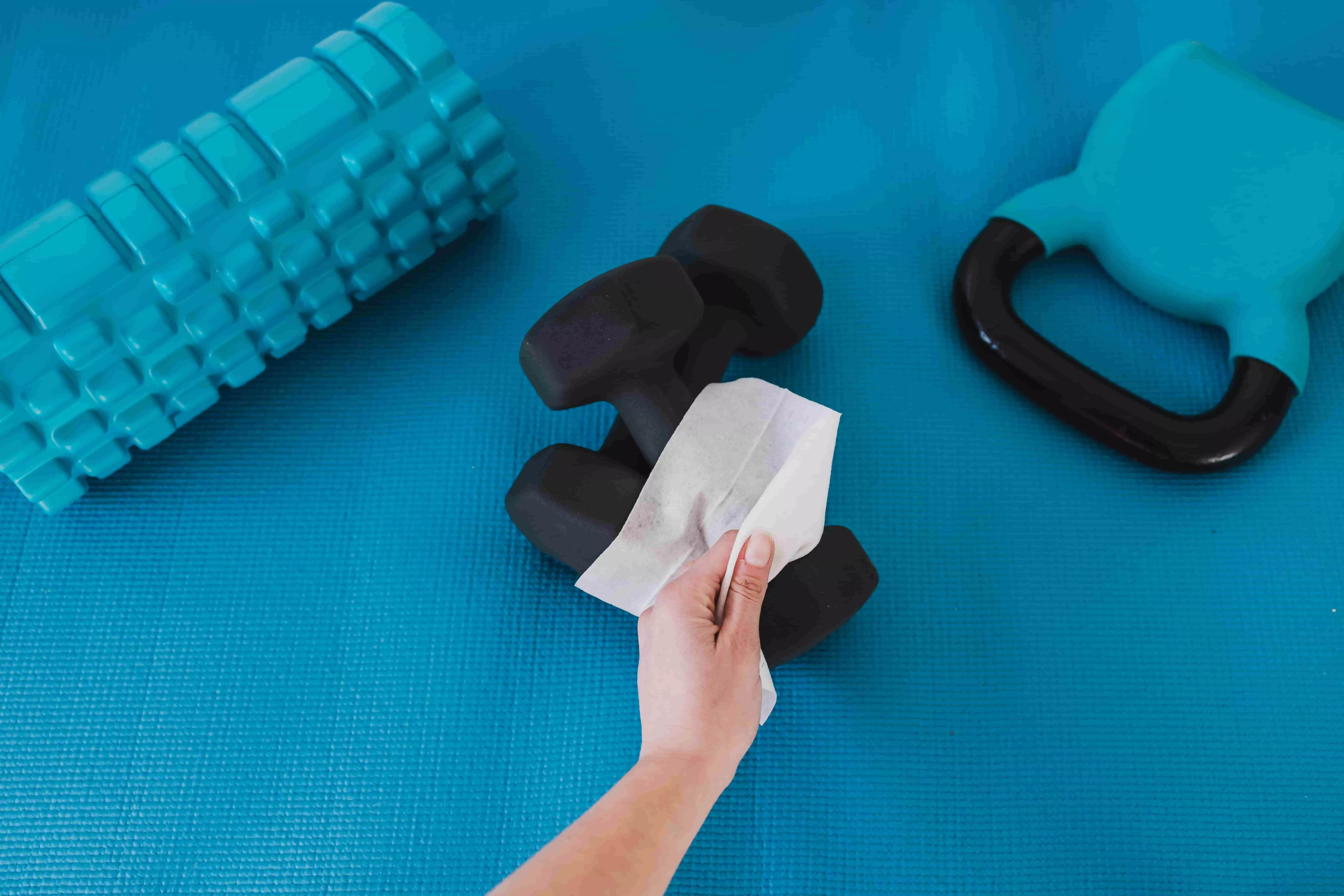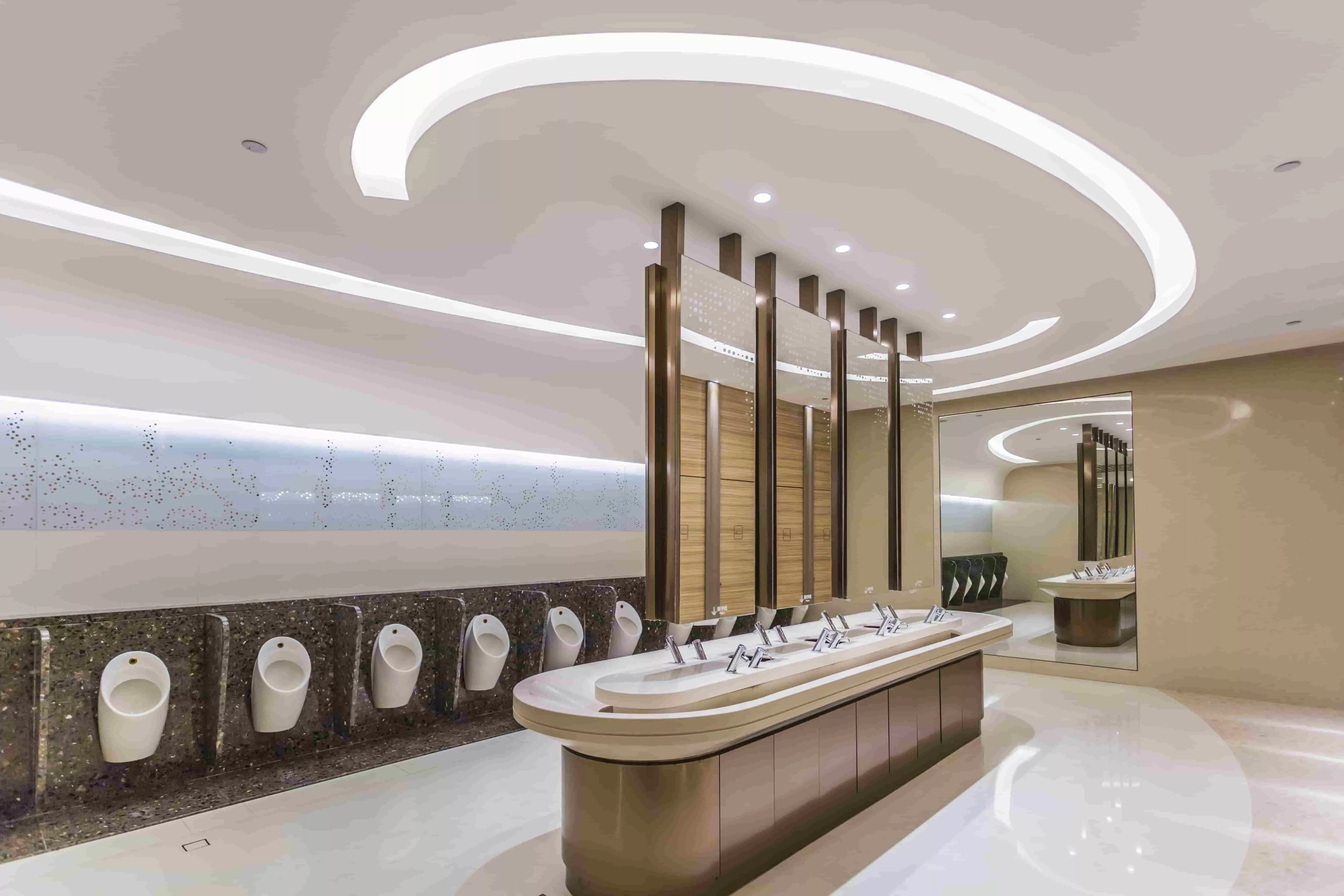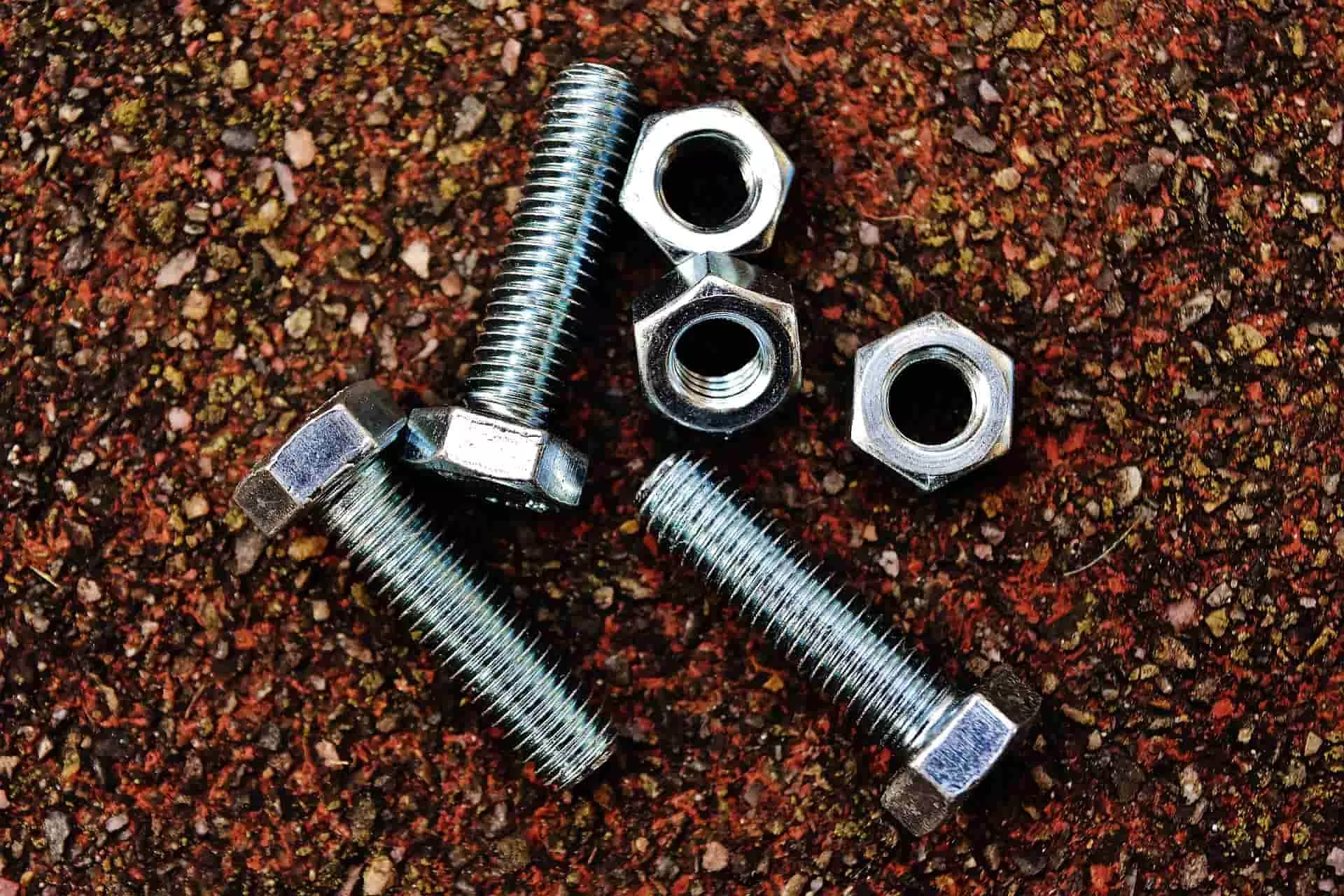“Preventing recreational water illnesses (RWIs) is a multifaceted issue that requires participation from pool staff, swimmers, and health departments. Poor maintenance can result in low disinfectant levels that can allow the spread of a variety of germs that cause diarrhea as well as skin and respiratory RWIs. Although pool staff alone cannot completely stop these complex problems, they play a key role in assuring the health of pool visitors.”
Just like community landscaping, pest control, and garbage maintenance and disposal, preventative upkeep can go a long way in reducing costs and health risks. As summer approaches, keep in mind that your pool should be monitored closely. Below are some tips to keeping your pool clean and clear:



